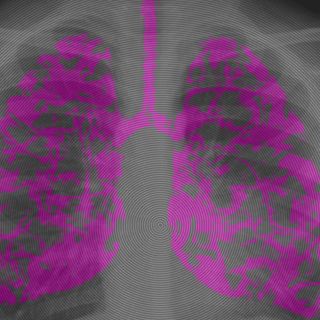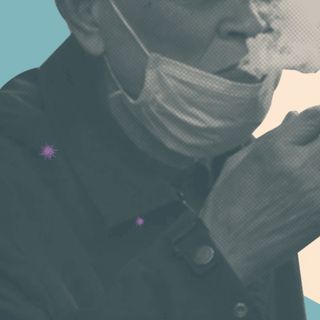As the world waits for an effective cure for Covid19, many companies are trying to sell air purifiers as a means to prevent infection — but are these devices effective at stopping the spread of the illness?
No. And there are a few reasons for it.
First, the new coronavirus is transmitted primarily either through person-to-person contact and/or contact with contaminated surfaces — not via air. While droplets from an infected person’s sneezes or coughs can stay in the air, experts don’t think they remain there for long, especially outside of laboratory conditions. These droplets are also typically caught by tissues used by an infected person to cover their mouth and nose, Dr. Amir Khan, a doctor with the National Health Service tells Al-Jazeera. (Without covering a cough or sneeze, though, particles can travel as far as 60 meters.) Therefore, it’s unlikely coronavirus suspends in air for long enough, or widespread enough, for a purifier to have any effect in limiting transmission.
This assumes, however, that air purifiers can kill the virus, but aren’t needed to. The majority of them, quite simply, cannot.
Most air purifiers are can only capture particles as small as 0.3 microns or larger. They’re effective in removing odors and large particulate matter from the air, or mold and pollen. They can also help with pet allergies by capturing fur. But “your typical HEPA [High-Efficiency Particulate Air] filter is not going to be able to remove coronavirus from the air,” Dr. Erin Sorrell, an assistant professor of microbiology and a member of the Center for Global Health Science and Security at Georgetown University, U.S., told Buzzfeed. “The filter itself is .3 microns and the virus itself is roughly .1 microns.”
In general, viruses are at least 100 times smaller than bacteria and their size would range anywhere between 0.0004 to 0.1 microns. “This means even the most powerful [HEPA] air filters would struggle to purge a virus from the air,” Patrick Hearn explains for Digital Trends.
Related on The Swaddle:
New Research Sheds Light on How Long Coronavirus Can Survive on Cardboard, Plastic, and Steel
Other filters use other methods — and a PCO, or PECO (Photo Electrochemical Oxidation), filter is effective in theory in capturing a virus of that size from the air.
But experts say even then, because of how the virus is transmitted, “it’s not likely this will make a large impact, considering [coronavirus] lives on surfaces for an extended period of time,” Dr. Mariea Snell, assistant director of the Online Doctor of Nursing Program at Maryville University, in the U.S., told Hearn. In other words, we’re much more likely to pick up Covid19 from direct contact with an infected person, or the copper, cardboard, plastic, or steel items they’ve handled, before the air is fully purged (if it can be) of airborne coronavirus particles.
Bottom line? You’re better off washing your hands for 20 seconds, regularly.




